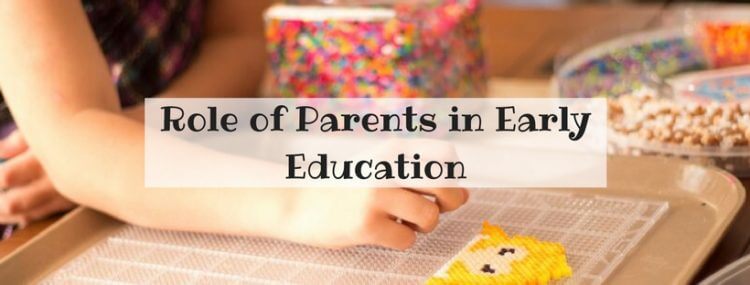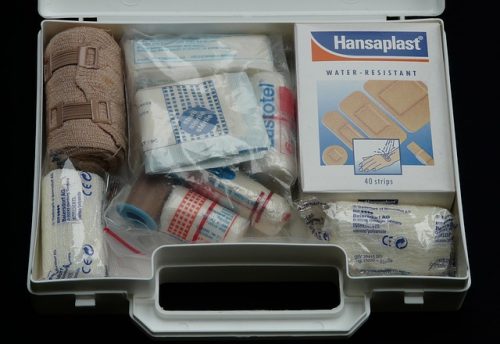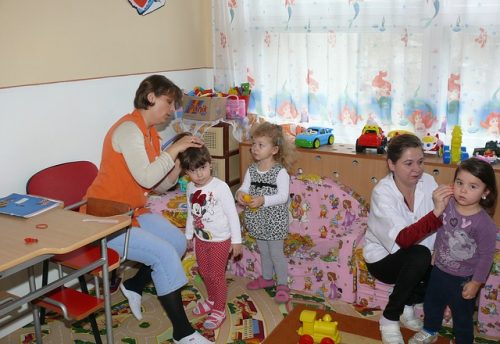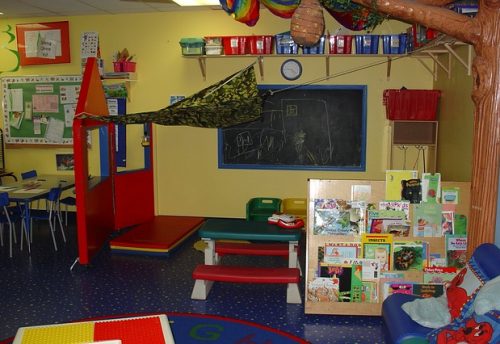
Role of Parents in Early Education
Parents play a role in every aspect of the development of their child, they play the biggest role in their early years as they are the first and foremost impactors on a child, their role in the early education of a child must not be neglected even for a second.
Parents have a crucial part to play to ensure early childhood development in their children.
Involved parents can make a positive and lasting impact on their children’s learning ability.
Children who are properly stimulated from birth to age five by their parents tend to perform better than other children in the long run.
What this means is that these children are more likely to complete their schooling, perform better academically, and lead healthier and more productive lives as adults.
On the ground, this stimulation takes the form of being read to, attending preschool, and having parents who are aware of the school curriculum.
Your involvement in the preschool years has multiple long-standing benefits for you, your child, as well as the preschool. Here are some of the benefits:
- When you support your child’s learning, he becomes more aware of his social-emotional needs.
- When you get involved in your child’s learning activities at home, it helps you understand the school curriculum and the teacher’s job in a better way.
- If you are aware of the prescribed preschool curriculum, you can have a better understanding of your child’s virtuosity and the areas in which she needs to improve.
- When you interact with your toddler during his early years and show interest in his academic activities, it helps him understand that you love and care for him.
How Should You Engage Yourself in Your Child’s Early Childhood Education?
- Make sure you share even the minute details pertaining to your toddler’s home life with her caregivers, such as the language you speak at home, your family traditions, her sleep patterns, and other important information involving her.

- You should regularly participate in outreach activities conducted by your child’s preschool and interact with his caregiver on a regular basis to know about his performance, abilities, and interests.
- Let your toddler make mistakes. Unless she finds herself in a challenging situation, she cannot become confident about solving her problems on her own.
- To make your pre-schooler self-confident, let him solve simple problems. For example, if you notice him assembling a toy car or trying to reach a jar of cookies on the top shelf, wait before you offer to help.
- Make sure you assign simple chores to your toddler, such as putting clothes into the laundry basket, watering the plants, cleaning up the mess she made, organizing books on the rack, and so on. Assigning such tasks to her not only increases her morale but also instills a sense of responsibility in her.





Leave a Reply